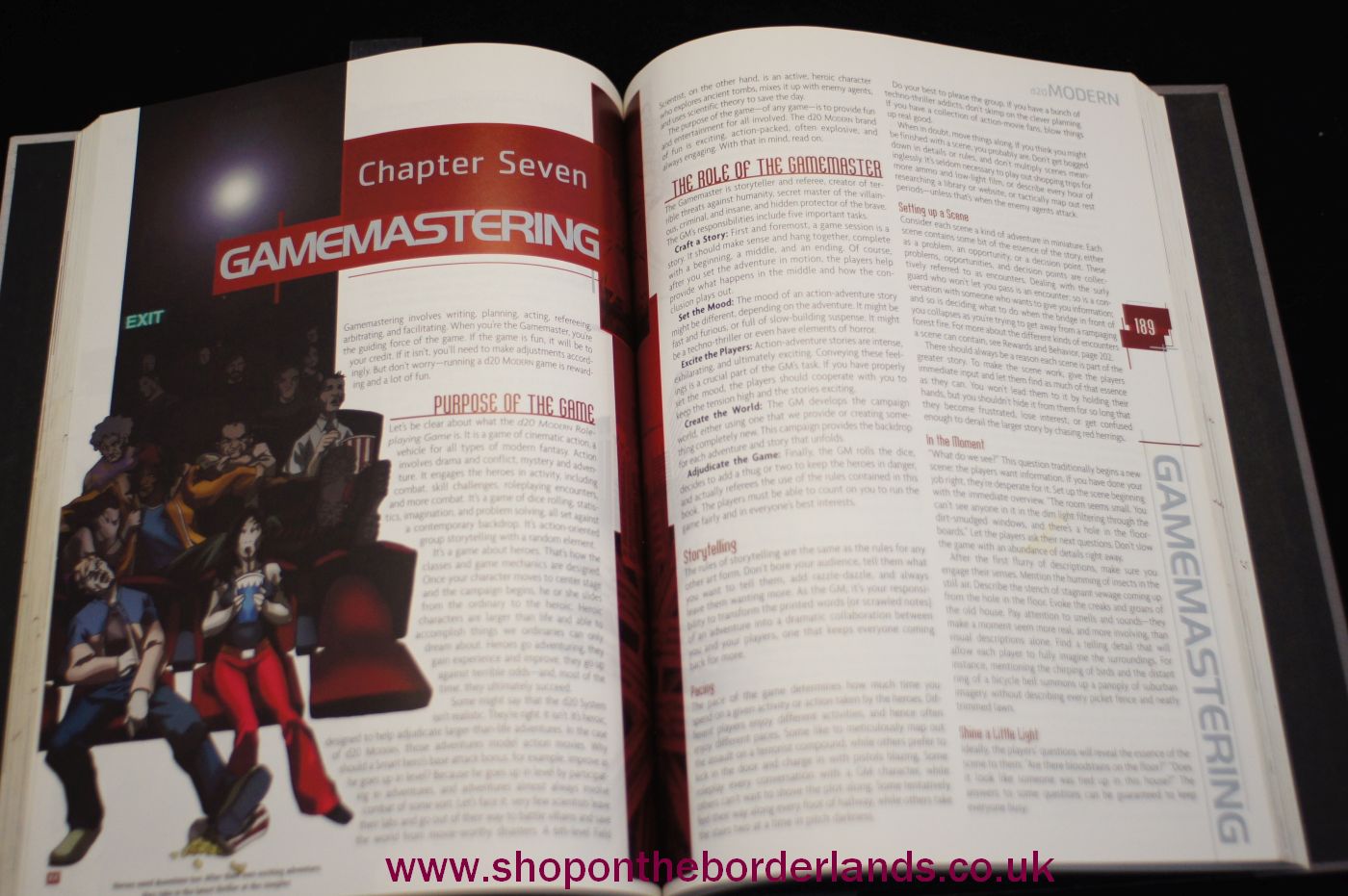

As the character spends these points, they're very limited. There's a bit of restriction when and where to use them. Whenever a character spends one action point, the character receives a small boost in his or her skill checks, ability checks, level checks, or saving throws. Actions points are used by characters to affect game play greatly. One of the interesting additions to the system was the action points. Acolyte and Mage because their spell-casting abilities do not fit the GM's hard sci-fi scenario. GMs may also entirely rule out certain classes, e.g. E.g., the advanced classes might require more experience points to acquire, or some might not be available until specific objectives have been reached in the game campaign. Some gamemasters (GMs) may set restrictions on certain advanced classes in their campaign. Dividing experience and character development between too many classes results in breadth at the cost of having weaker abilities in each class. There are no limitations in the rule set as to how many classes a hero may have, but two or three are typical.

For instance, a Tough Hero can be an excellent candidate for Bodyguard or Daredevil, but would have more difficulty becoming a Techie or Acolyte.Īt later levels, the player may choose to multi-class their hero for example, a Strong and Dedicated Bodyguard (two basic classes, one advanced), or a Smart Investigator and Field Scientist (one basic, two advanced). There are 14 advanced classes for which a player character may qualify over time:Īdvanced classes can be less or more easily achieved depending on the hero's basic class. Similar to basic classes but with requirements to fulfill. In addition to basic classes, there are also advanced classes. A hero with personal magnetism and a way with words. The Charismatic Hero, based on Charisma (CHA).The Dedicated Hero, based on Wisdom (WIS).A know-it-all hero with an edge in brain-intensive skills. The Smart Hero, based on Intelligence (INT).Difficult to take down and can resist most sicknesses.


Nimble, quick, and able to evade most incoming attacks.
#D20 MODERN CORE RULEBOOK REPRINT FULL#
: 288 Wizards expanded from their work with the game, developing one of d20 Modern's setting into a full sourcebook, the Urban Arcana Campaign Setting (2003). Wizards released d20 Modern in 2002 at the same time the company was revamping its Star Wars role-playing game. It also provided players the tools to build a campaign in a modern setting. The game uses the d20 System and Dungeons and Dragons 3rd edition rules. It was published by Wizards of the Coast and released in November 1, 2002. The d20 Modern Roleplaying Game Core Rulebookīill Slavicsek, Jeff Grubb, Rich Redman, Charles Ryanĭ20 Modern is a modern fantasy role-playing game designed by Bill Slavicsek, Jeff Grubb, Rich Redman, and Charles Ryan.


 0 kommentar(er)
0 kommentar(er)
